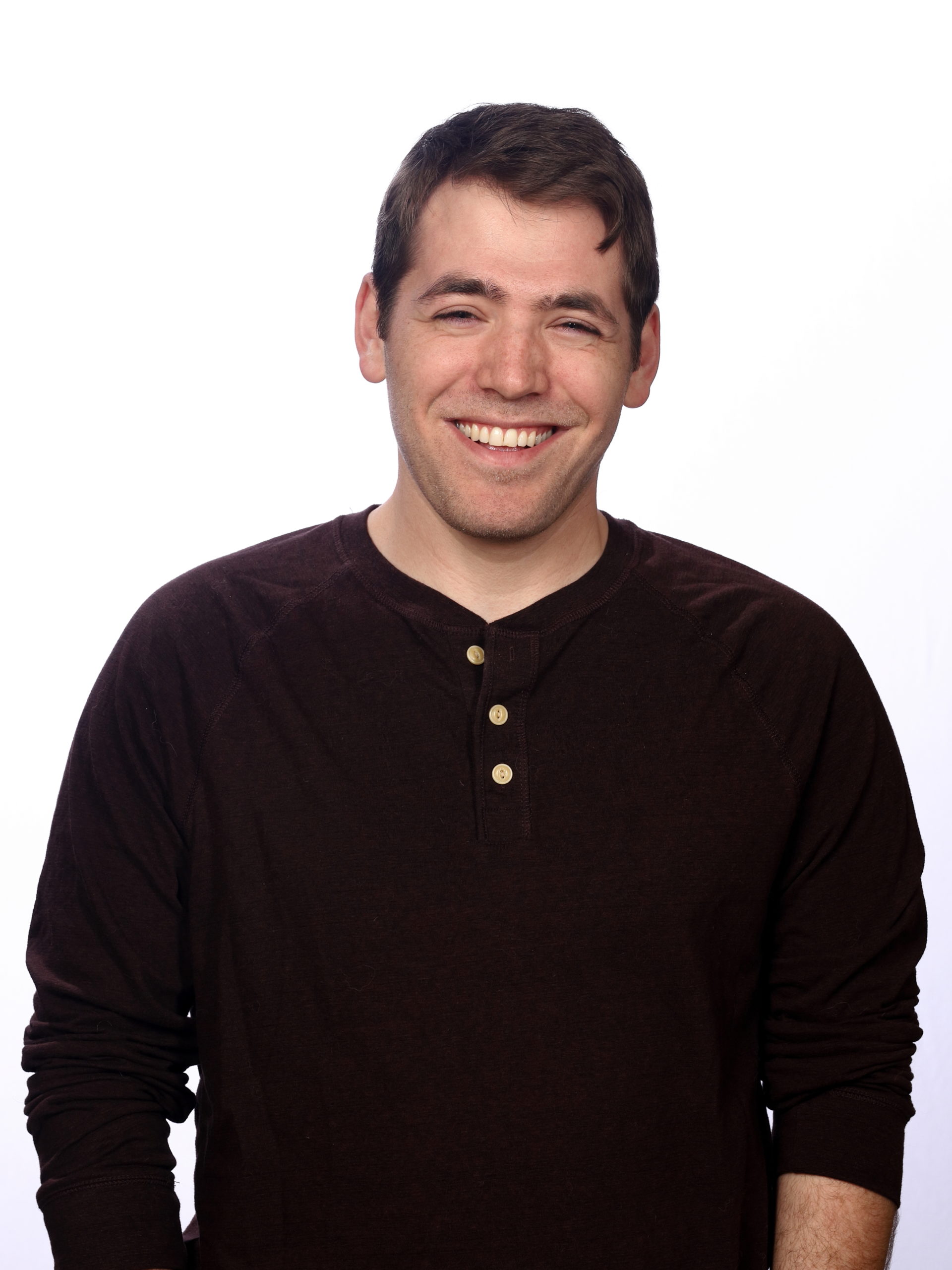Photo: John D’Alembert/Wikimedia Commons

Surprise, surprise: another case of academic discrimination against Jewish students. This time, the culprit is a chemistry teaching assistant at Johns Hopkins University named Rasha Anayah. It seems her hatred for Israel has morphed into the potential abuse of her academic power.
In late November, she posted a Twitter poll asking whether she should fail Zionist students on exams because “they support [her] ethnic cleansing,” and more than 75 percent of those who responded voted to “free Palestine! Fail them.” She posted this shortly before acknowledging that failing students in such a manner is a fireable offense. Commenting on the results of the poll, she confirmed this personal desire to discriminate. A few days later, she posted tweets describing how she felt “stabbed” upon seeing a Tel Aviv street sign decal on a peer’s laptop.
Why is this moment on Twitter so alarming to many Jewish people, you ask? First, we need to define Zionism.
In response to the infamous 1975 UN non-binding resolution that declared Zionism to be racism, the Israeli ambassador to the UN, Chaim Herzog, quoted his brother-in-law Abba Eban in his speech explaining that “Zionism is nothing more – but also nothing less – than the Jewish people’s sense of origin and destination in the land linked eternally with its name. It is also the instrument whereby the Jewish nation seeks an authentic fulfillment of itself.” Denying this self-determination for Jewish people while acknowledging this right for any other ethnic or religious identity is not only discriminatory, but also an expression of bigotry.
Advocacy for such a double standard is antithetical to Western human ideals. Replace Jews with any other historically oppressed minority in this situation, and the moral dissonance espoused by anti-Zionists becomes clear. When Jewish students are subjected to the kind of discrimination that Anayah supports because they are Zionists, she is saying that we don’t deserve to be treated equally.
Since the global push for academic institutions to adopt the International Holocaust Remembrance Alliance’s (IHRA) working definition of antisemitism, and the Trump administration’s executive order to afford Title VI of the of the Civil Rights Act protections to Jews, students have been better able to defend themselves in the event that they experience discrimination. Yet, in the past six months, there have been student government votes on adopting BDS practices, Left and Right wing antisemitic graffiti found on Jewish community buildings and on campuses, professors publicly spewing vitriol against Jewish self-determination, and let’s not forget “Apartheid week.” The Antisemitism Tracker on the Anti-Defamation League’s website relays a frightening picture.
In the name of Palestine, let’s fail some Jews. This is the sentiment that garnered support at an American University. Luckily, administrators at the university don’t need too much external pressure to take this situation seriously like their counterparts have at NYU and SFSU. Anayah’s action perfectly demonstrates that anti-Zionism is merely a new form of antisemitism.
Why should the non-Jewish world care about this? These attacks against Zionist students are direct attacks against the culture of American academia, where fairness and respect are hallmarks of most academic institutions. Controversies like these degrade students’ trust in the institution.
Thankfully, the administration at JHU addressed the situation after it was brought to their attention and published a letter that was also sent to the associated Hillel. The statement acknowledged the seriousness of the situation and assured that actions would be undertaken. Hopefully that action will match the severity of Anayah’s expressed bigotry, but this is just one drop in a sea of toxicity. We must continue to urge administrators, activists, and beyond to take this problem seriously.
A slightly different version of this article was originally published in The Scribe.
Contributed by 2020-2021 University of Colorado – Colorado Springs CAMERA Fellow Seth Mendel.

